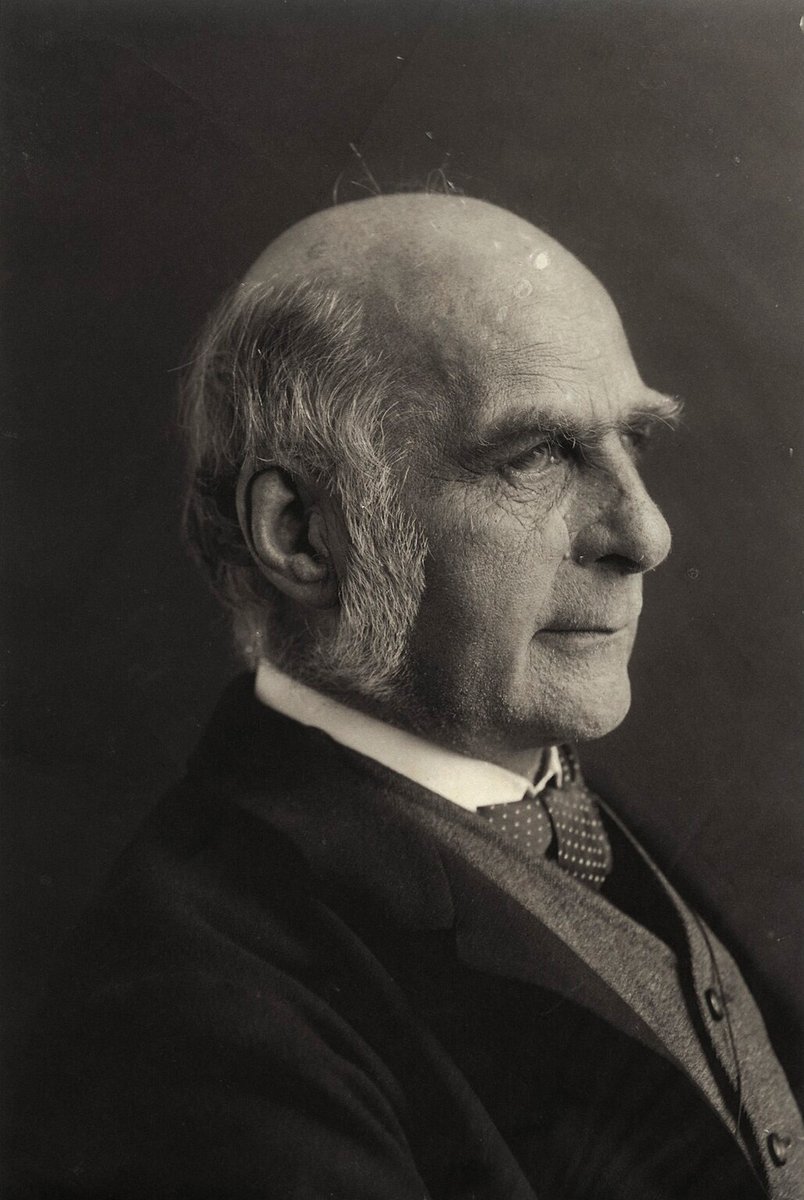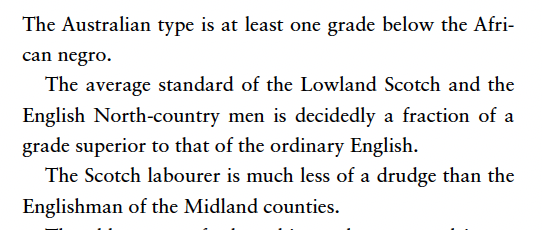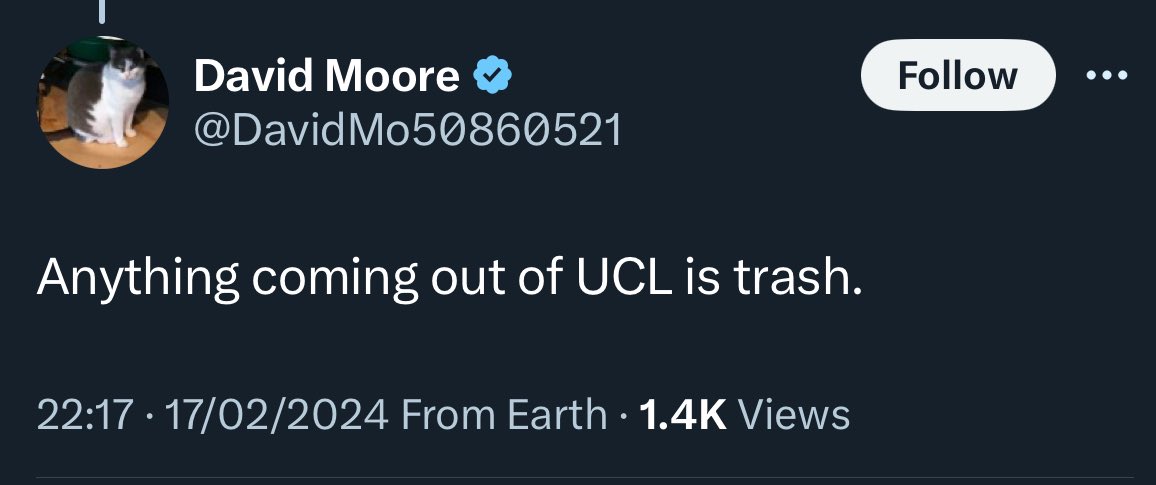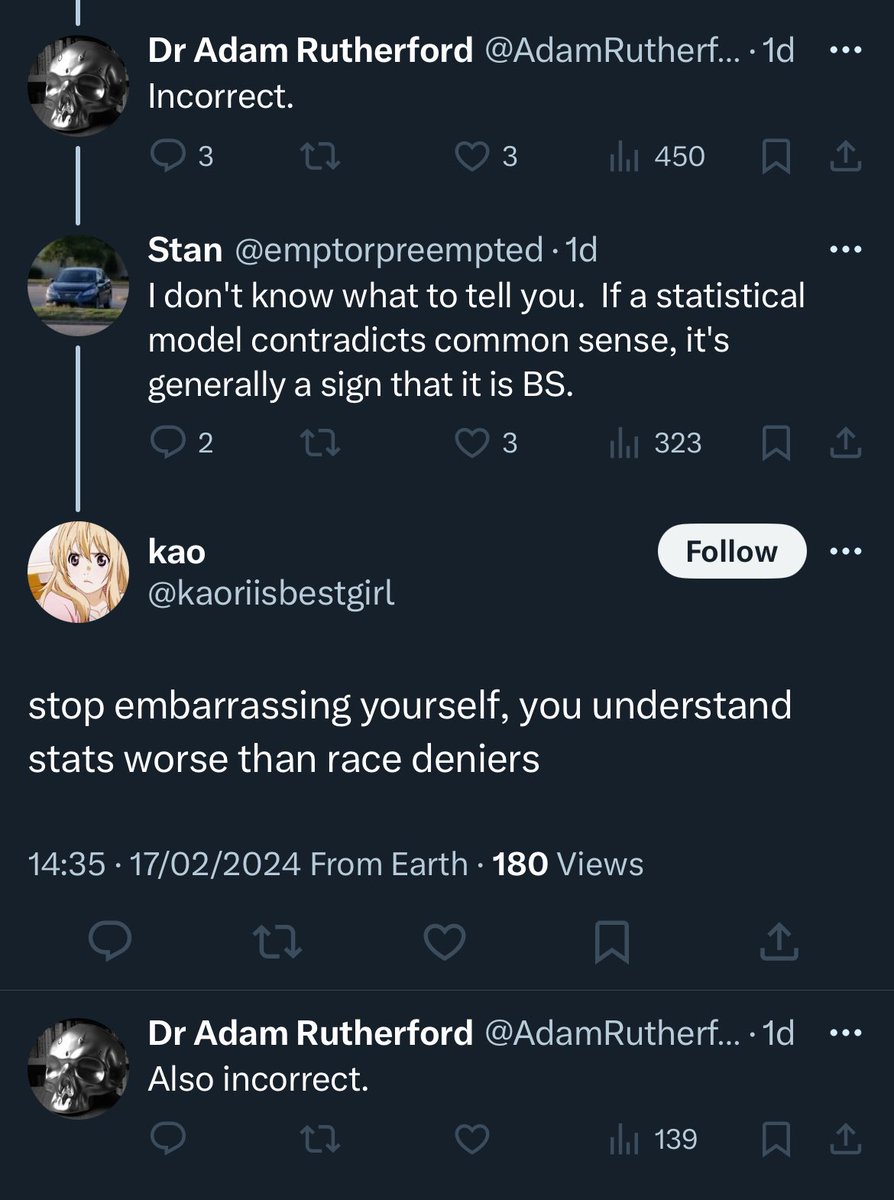Today marks the 200th anniversary of the birth of Francis Galton, a man who is largely responsible for the birth of eugenics, and whose broader intellectual legacy is colossal. A thread. 

Galton has been part of my life since I joined the now-defunct Galton Laboratory in 1993, and I am still a member of the former Galton Institute - now the Adelphi Genetics Forum. I’ll be giving the Galton Lecture for them in the Autumn.
bit.ly/3JyrjLW
bit.ly/3JyrjLW
He’s fascinating, and awful, but his legacy is part of our present. Here are some bits of Galtonia (from Control, my new book on the history of eugenics).
bit.ly/3qnUvPf
bit.ly/3qnUvPf
Born in Birmingham into a wealthy family of Quaker gunsmiths, he lived in Joseph Priestly’s house, and attended King Edwards. An extract from his school diary: 

Galton invented many things, including the dog whistle. Ironic that this has become associated with racist signalling given what a robust racist he was. 

And a new way to cut round cakes, published in @Nature, no less. 

His attempts to quantify female beauty are grim. In order to not be detected, he designed a glove with 3 needles in the fingers so he could score whilst hand in pocket. His ‘pricker’: 

An obsessive ranker of people, his 1st major scientific book was Hereditary Genius (1869), in which he attempts to quantify men of hereditary eminence. It is an explicitly white supremacist work, and pseudoscientific to its core. 



It’s a weird book, and fatally flawed: the status of greatness is assessed via reputation and obituaries. His data is literally opinion, and the stats are suspiciously precise. 

He coins the word ‘eugenics’ in 1873, and it becomes the enduring passion of his life.
(This definition from 1907, with his primary disciple Karl Pearson).
(This definition from 1907, with his primary disciple Karl Pearson).

Near the end of his life, Galton did something that scientists should be very wary of: he wrote a novel.
Kantsaywhere is a eugenic utopia, where couples are assessed and matched. It was mostly destroyed by his sister. What remains is in the UCL archives.
bit.ly/3rURmas
Kantsaywhere is a eugenic utopia, where couples are assessed and matched. It was mostly destroyed by his sister. What remains is in the UCL archives.
bit.ly/3rURmas
He died in 1911. Ironically given his obsession with heredity, he had no children, despite his marriage to Louisa (née Butler), and his genes and genius would not be passed down the generations. Look how sad she looks. 

Galton's fingerprints are in the work of Marie Stopes, Churchill, Balfour, RA Fisher, and explicitly in the emergence of eugenics policies in the USA and Nazi Germany. (He was also instrumental in the development of fingerprinting for forensics. 

Idolised by men of science: Charles Davenport was inspired by Galton to start the eugenics movement in the US - he founded the Eugenics Records Office at Cold Spring Harbor. Karl Pearson (the 1st Galton Professor) wrote an almost unreadable fawning hagiography. 

The 1st International Eugenics Conference in 1912, co-chaired by Churchill, keynote by Balfour, was in held in his honour, a year after his death. 

Anyway, there you go. We do not judge people by our standards, but assess them by theirs. So, happy birthday to you, Francis Galton, a genius and an utter bastard in any age.
amzn.to/3oVggVr
amzn.to/3oVggVr
• • •
Missing some Tweet in this thread? You can try to
force a refresh














